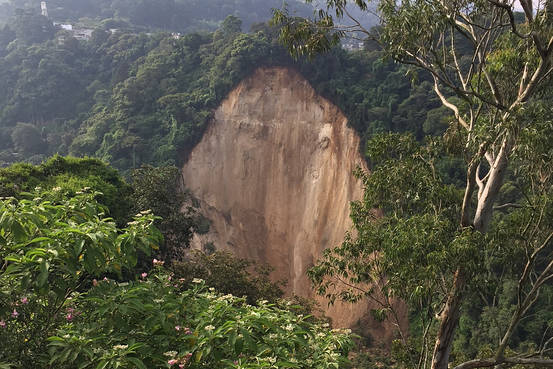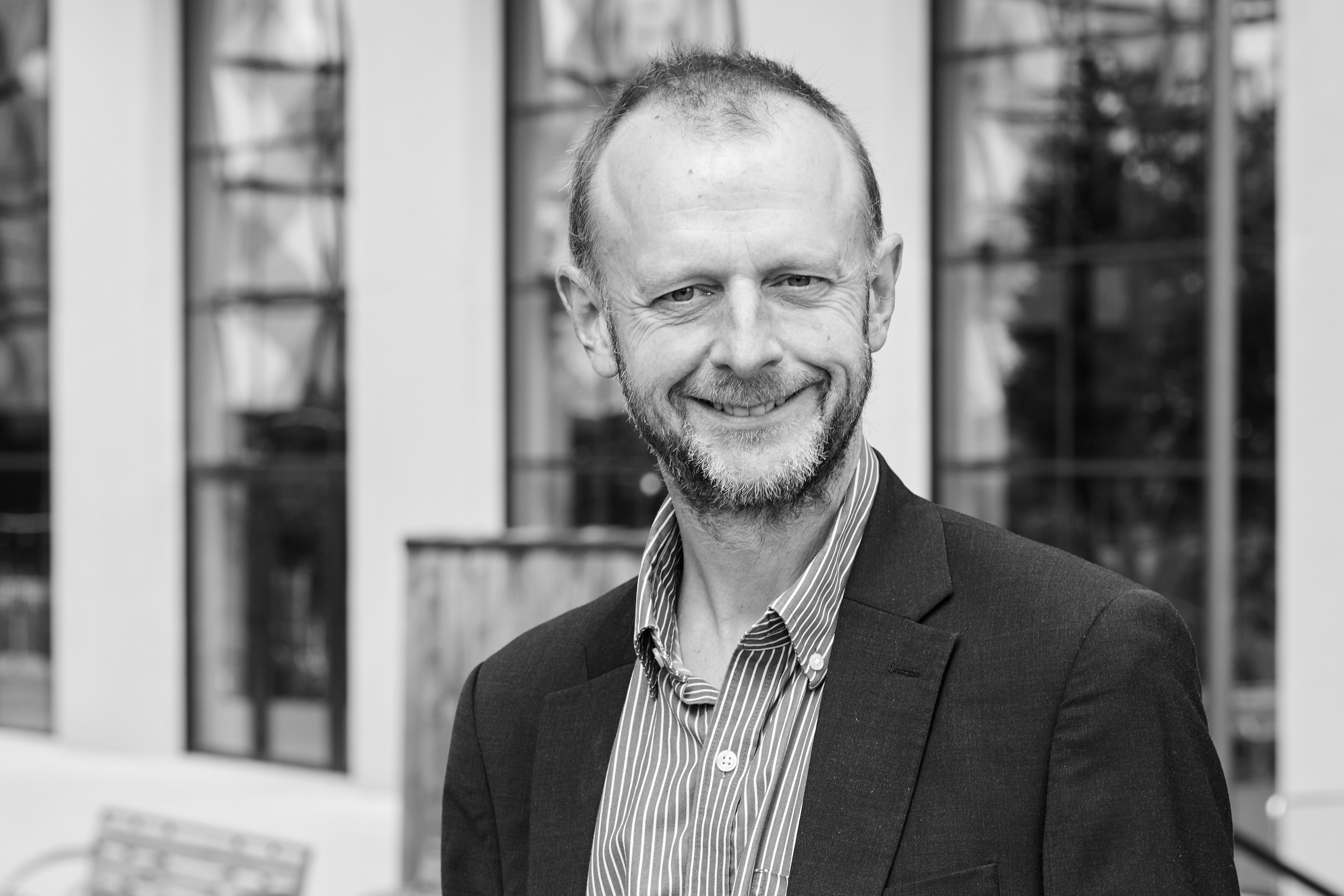8 October 2015
An account of the El Cambray landslide in Guatemala
Posted by Dave Petley
El Cambray landslide in Guatemala
The Wall Street Journal has a nice article providing an account of the aftermath of the El Cambray landslide in Guatemala, as described by Sarah Sky, a US citizen who is teaching English at a school located opposite to the landslide site. This is an excerpt:
I awoke to texts about the incident, popping up at a rapid speed, in the group chat the teachers are a part of. Although an early riser, by 6 a.m. I already had a great deal of unread messages. It seems that Thursday night the mountain had shaken loose, the side of the cliff had toppled. There was a colony of about 150 poorly built houses located at the bottom of the ravine, with tin roofs and improvised doors, each one now buried under endless tons of dirt.
The news had startled me, but I wasn’t able to fully understand its impact until I arrived at work Friday morning and climbed the stairs to my classroom overlooking the ravine.
I heard the disaster before I saw it. The echo intensified the sound of the screams. The face of the cliff across from us had been green and now it wasn’t; that earth had been pulled by a gravity stronger than us into a place where it didn’t belong.
People milled around the floor of the ravine like ants, confounded in the face of the indomitable task at hand.
This is the view of the El Cambray landslide scar from her school:
.
Meanwhile, as the known losses extends beyond 220 people, with the total expected to rise substantially again over the next few days (up to 150 people are still missing, the UN is questioning whether corruption may have played a role in the El Cambray landslide disaster:
“What happened in Santa Catarina Pinula goes beyond a natural disaster”, said Valerie Julliand, resident coordinator for the UN System in Guatemala. …“Whether this institutional weakness is due to matters of corruption or to other causes, the result is the same. It affects human life,” Julliand said.
Julliand made the comments Wednesday at a press conference regarding funding for the UN-backed International Commission against Impunity in Guatemala (CICIG). The commission has played a key role in the investigation and prosecution of corruption scandals that brought down the administration of Otto Pérez Molina earlier this year.
Iván Velásquez, the former Colombian Supreme Court judge who now heads CICIG, also made reference to a connection between corruption and the deadly landslide.
“The population has understood that behind disasters like this one … behind the death of children due to hunger, behind the problem of the lack of education, behind the problem of medications, behind the miserable living conditions of so many millions, there is corruption,” Velásquez said Wednesday.
Interestingly the same report suggests that the site of the landslide was identified as being high risk in 2008 by CONRED, who restated this to the local authorities last year.



 Dave Petley is the Vice-Chancellor of the University of Hull in the United Kingdom. His blog provides commentary and analysis of landslide events occurring worldwide, including the landslides themselves, latest research, and conferences and meetings.
Dave Petley is the Vice-Chancellor of the University of Hull in the United Kingdom. His blog provides commentary and analysis of landslide events occurring worldwide, including the landslides themselves, latest research, and conferences and meetings.